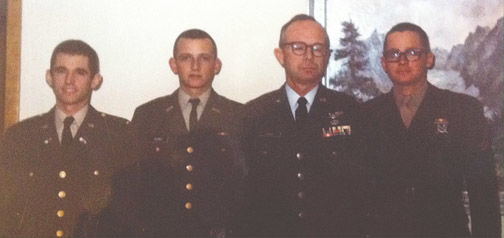
Features
American Pride
Celebrating hard-earned freedom every day The era of the American Revolution spanned the years 1763 to 1789, according ... Read more

Celebrating hard-earned freedom every day The era of the American Revolution spanned the years 1763 to 1789, according ... Read more